Research
Welcome to WELL Labs’ knowledge repository. As a futures institute that enables research-based solutions and impact, we prioritise making our insights accessible to social innovators, researchers, allied communities and the public at large.
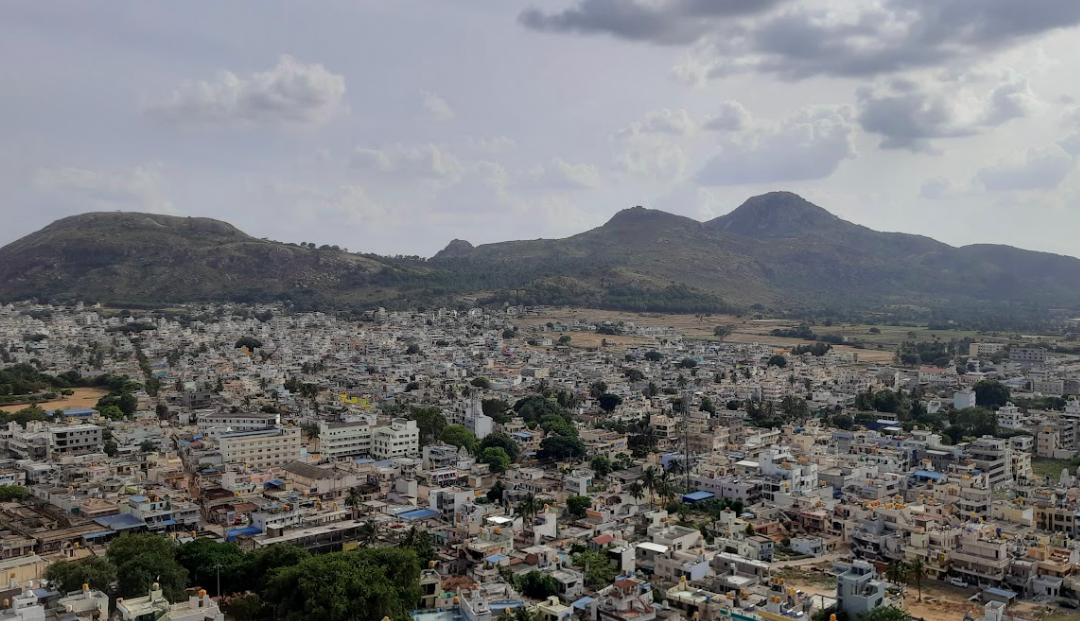
Mapping Water in a Small Town: Insights from Chintamani, Karnataka
We partnered with TIDE and BORDA to conduct an urban water balance exercise for the town of Chintamani in southern Karnataka. Through field surveys and hydrological modelling, we narrowed down on key problem areas and identified possible solutions that will help the town leapfrog to more sustainable water management.
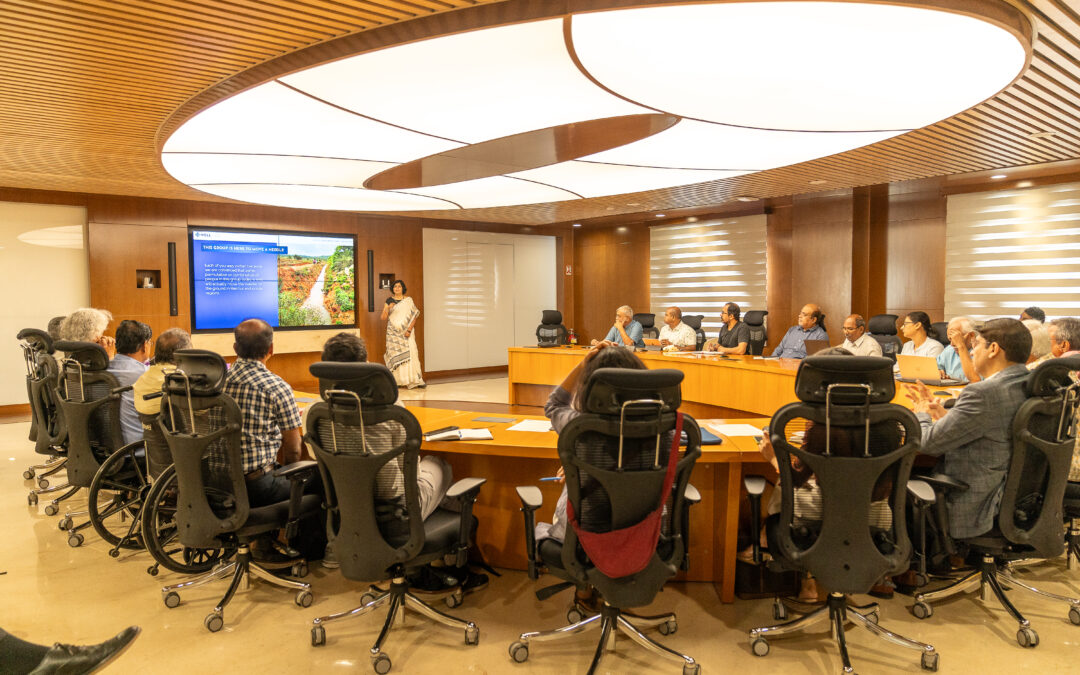
Raichur Roundtable: Equitable Water-Sharing for Sustainable Transitions in Agriculture
Along with the India Climate Collaborative, we convened a roundtable to bring together key stakeholders to discuss the future of water for transformation of agricultural landscapes.
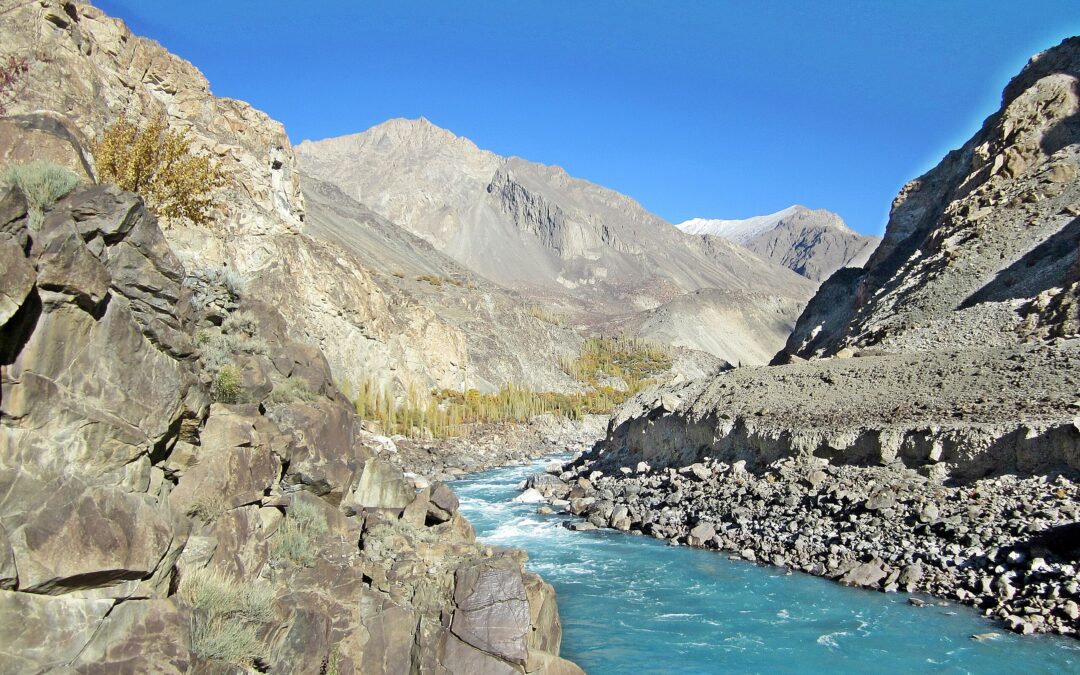
Exploring the use of data and models in transboundary water governance
This study highlights how data and models in transboundary water governance require sensitive, context-aware application, emphasizing political realities, local engagement, and transdisciplinary collaboration for successful cooperation.
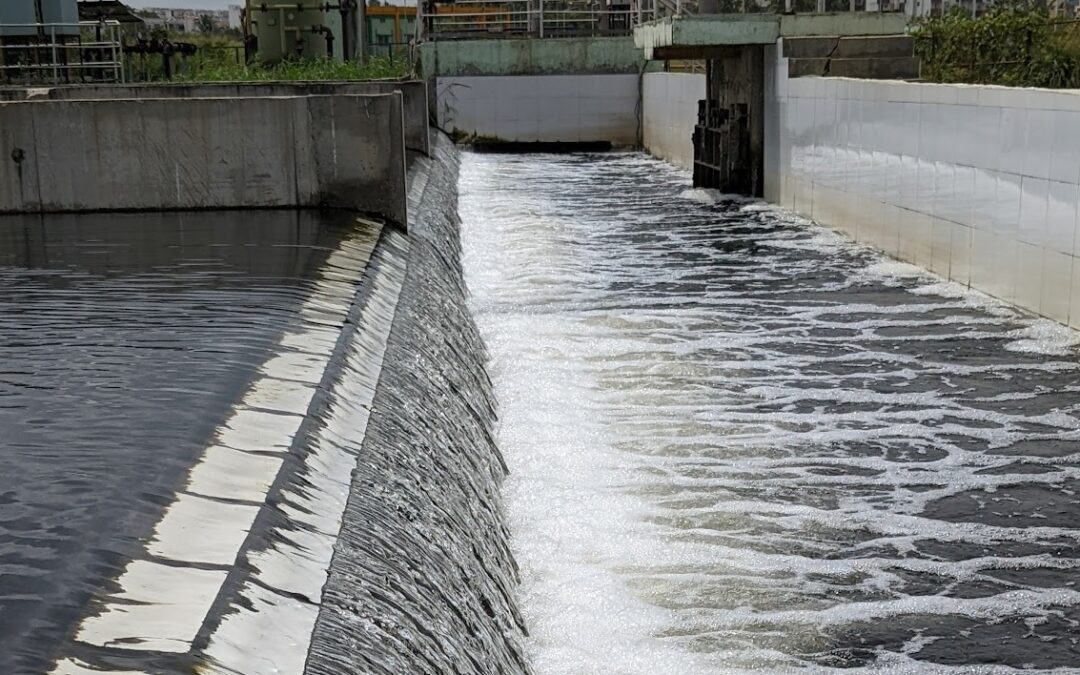
Acceptance of On-Site Wastewater Treatment and Reuse in Bengaluru, India: The Role of Perceived Costs, Risks, and Benefits
In dealing with water pollution and freshwater scarcity, on-site treatment and reuse of domestic wastewater has shown to be a promising solution.
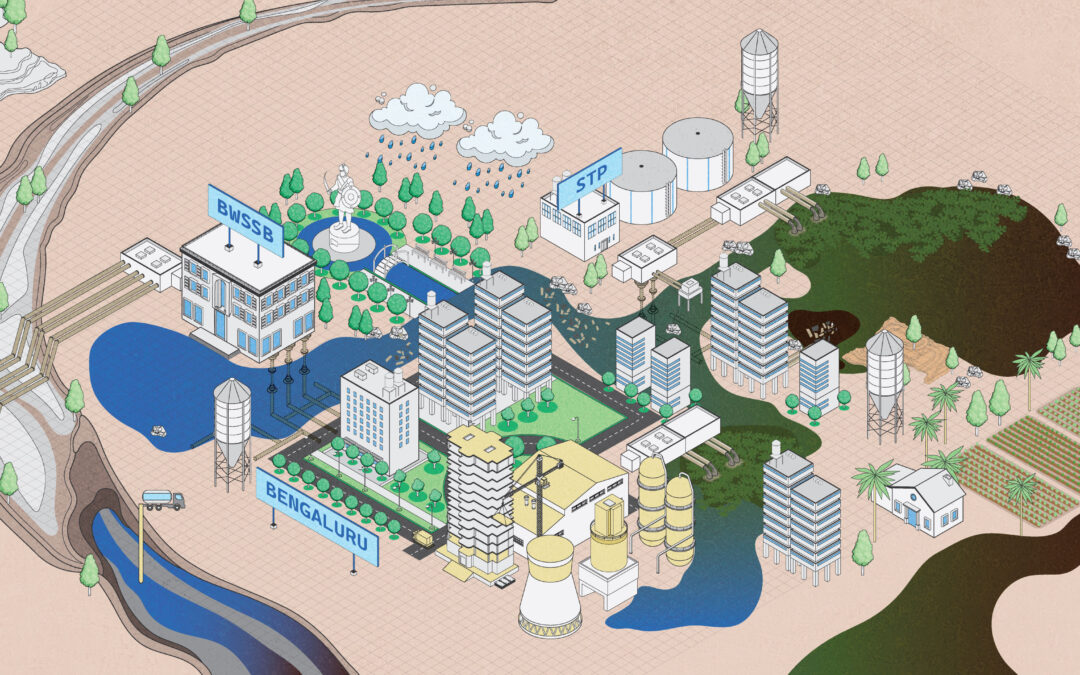
How Water Flows Through Bengaluru: Urban Water Balance Report
WELL Labs has prepared a comprehensive view of Bengaluru’s water system, enabling better water security planning.
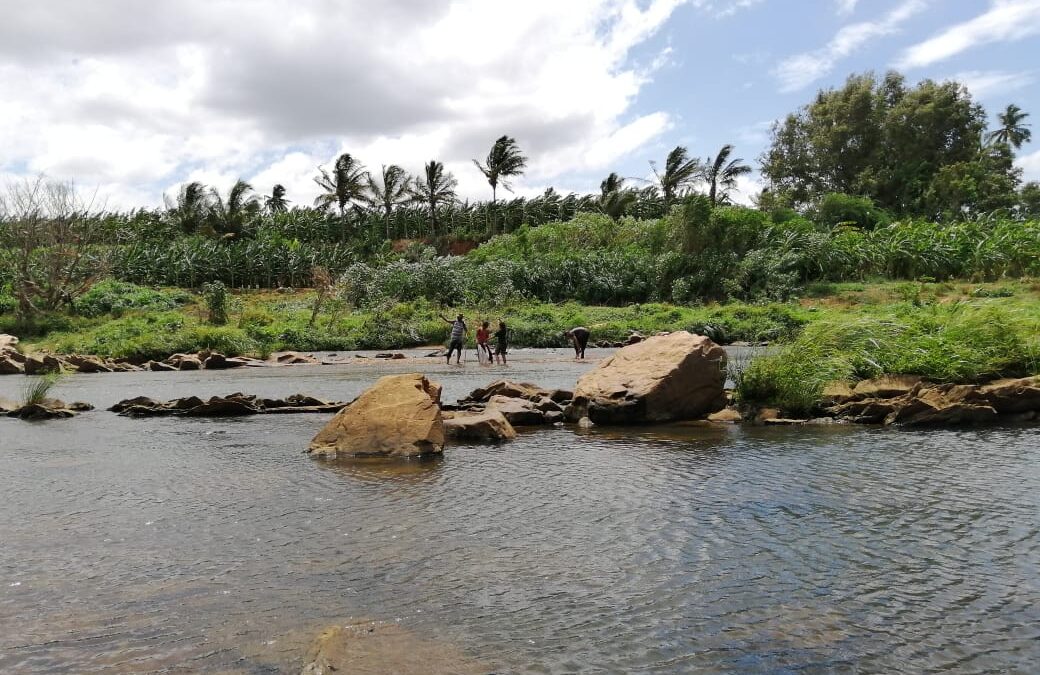
Challenges and Opportunities for Catalysing Corporate Water Stewardship in India’s River Basins
Given the push for investments in the water sustainability space, businesses need to be better informed about where the big problems lie so that projects can be properly planned and executed. But there’s a data gap. Our comprehensive study of three important river basins — Cauvery, Ganga and Krishna — aims to address this gap.
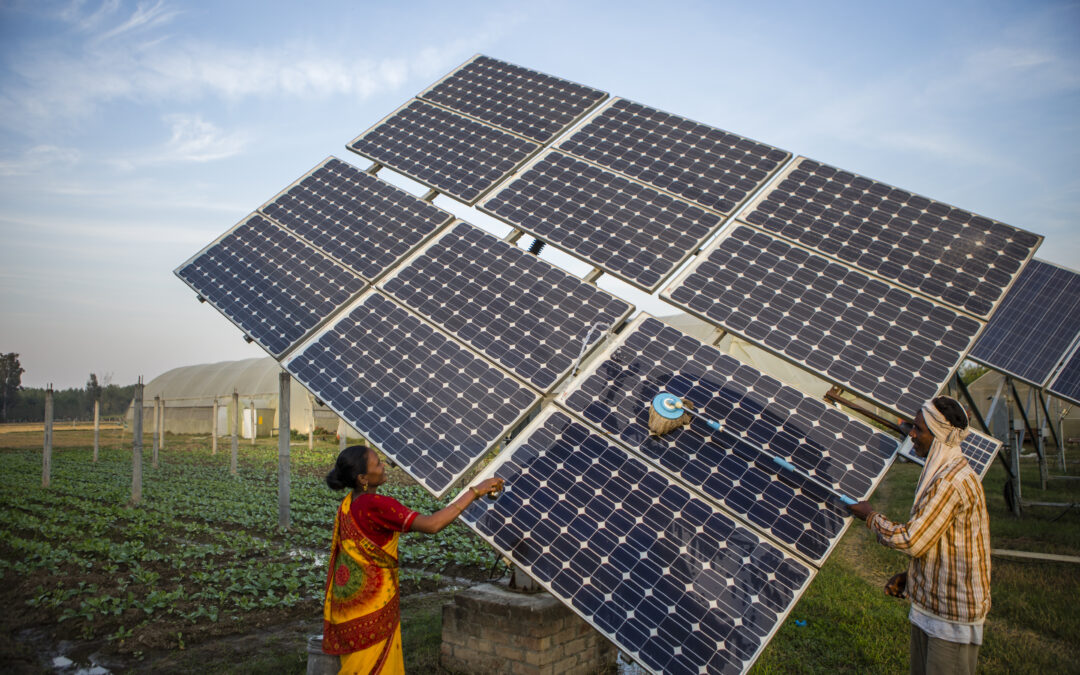
Farmer Responses to Solar Irrigation in India: Agent-Based Modelling to Understand Sustainable Transitions
We applied an agent-based modeling (ABM) approach to understand farmer choices and transitions before and after solar irrigation in six districts
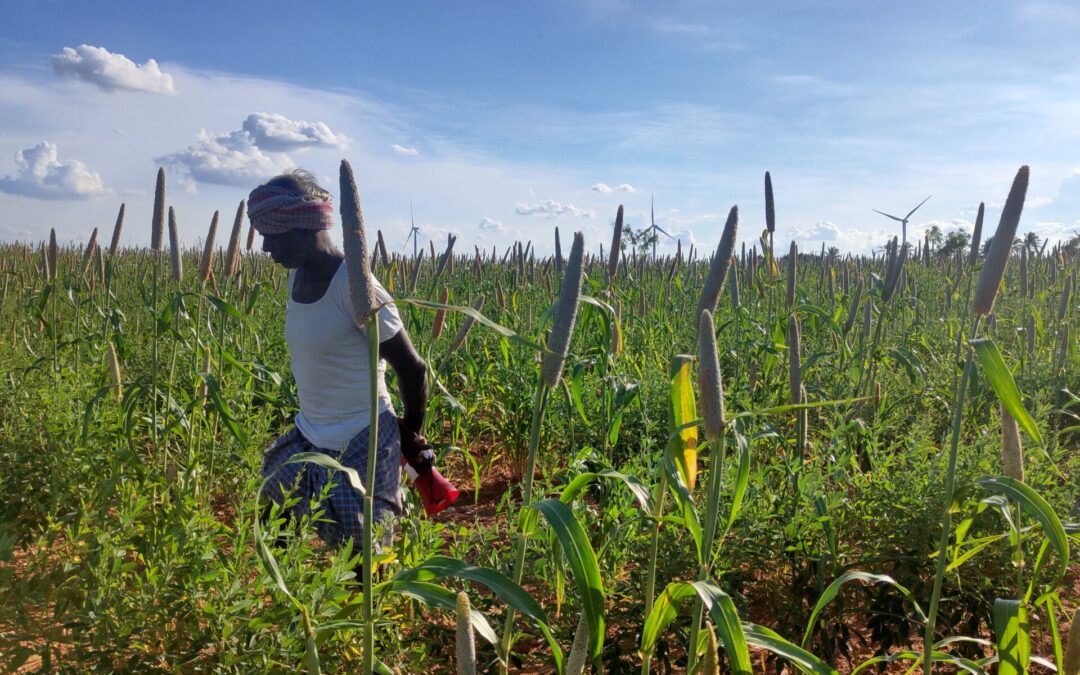
Landscape Review: Innovation Gaps in India’s Agritech Startup Ecosystem
Through this landscape review, we take a closer look at agritech startups to identify how to secure the livelihoods of farmers while simultaneously addressing environmental concerns
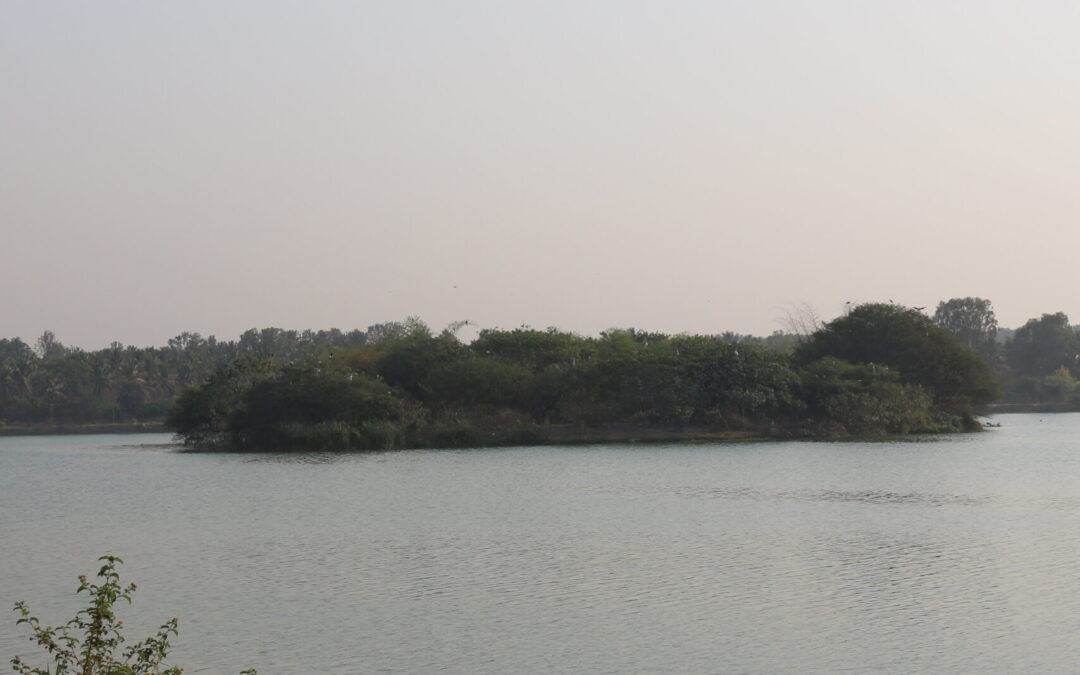
Phosphorus Balance Study at Jakkur Lake
We conducted a phosphorus balance study to understand the sources and sinks of phosphorus in Jakkur lake
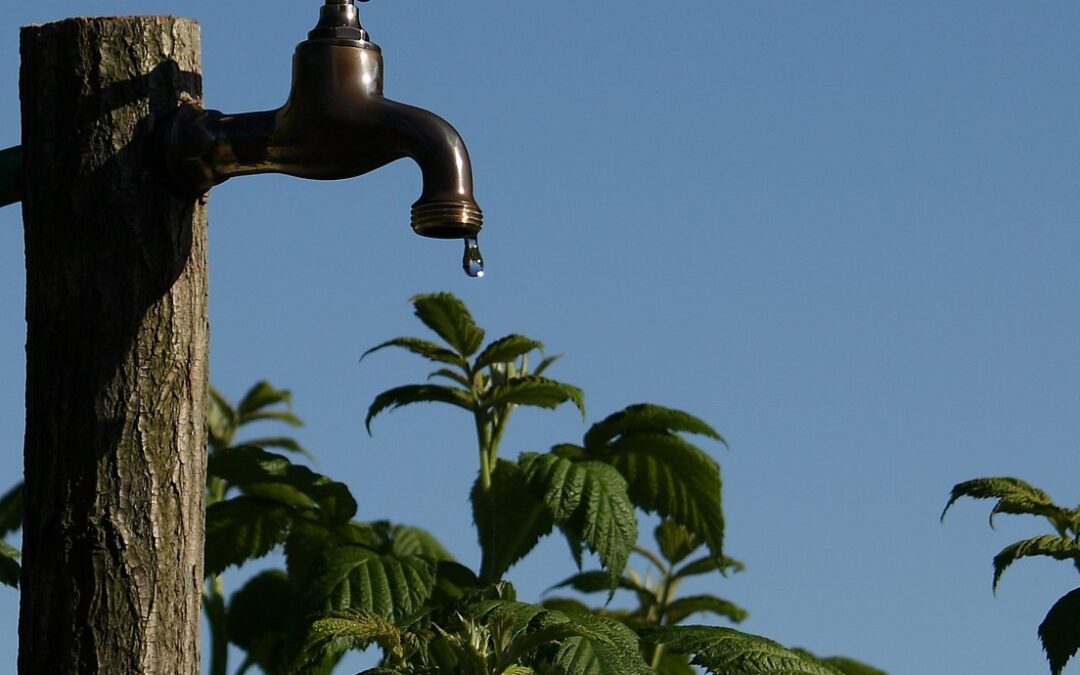
Challenges and Opportunities in Residential Decentralised Wastewater Treatment and Reuse in Bengaluru
We explore the potential of decentralised sewage treatment plants, which are being promoted in cities like Bengaluru, to treat sewage at the source of generation
